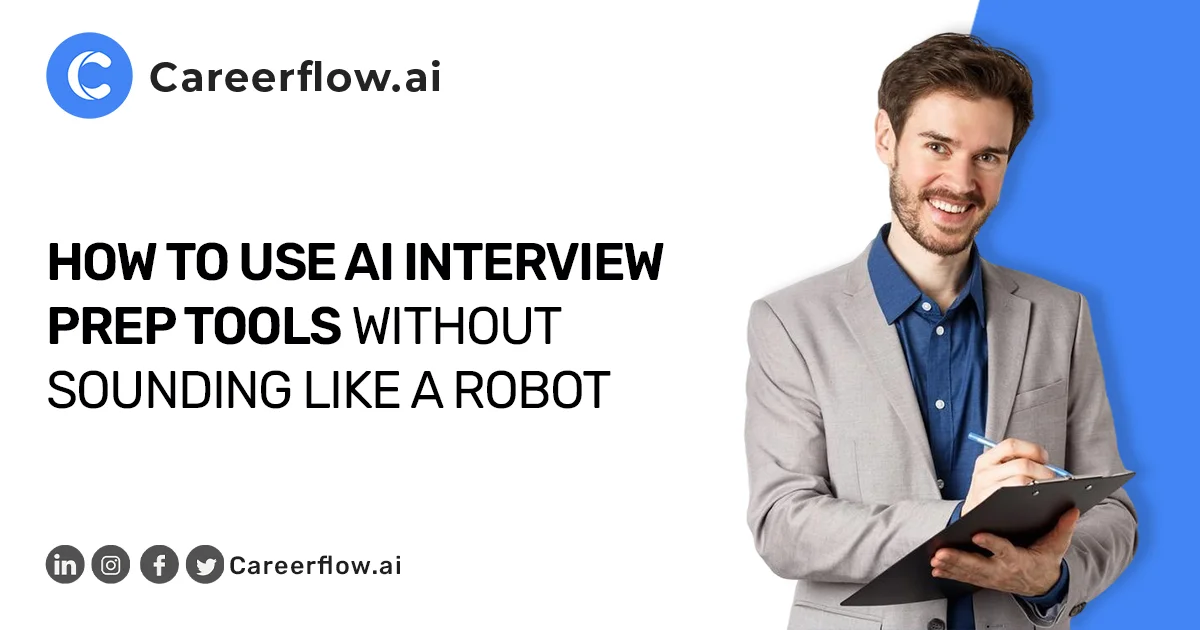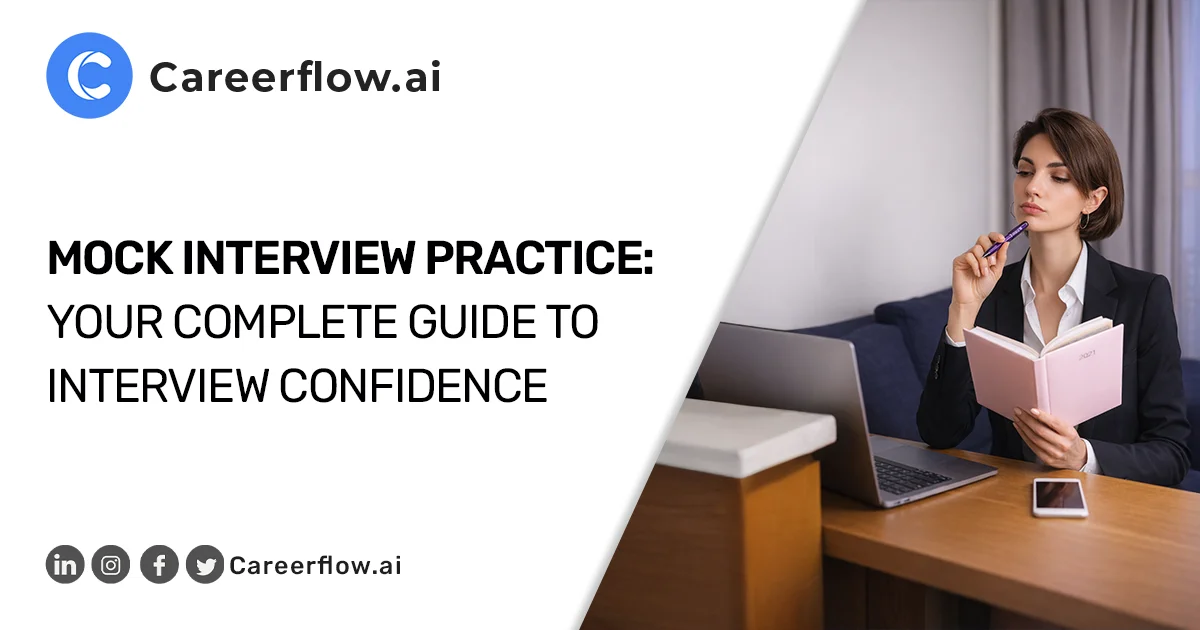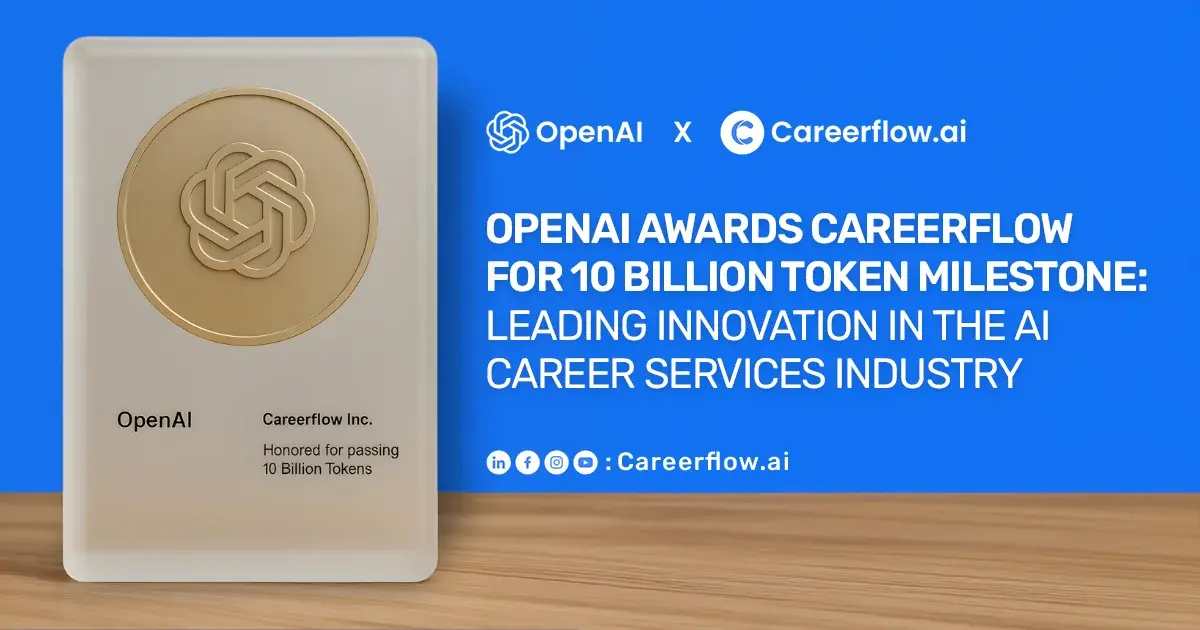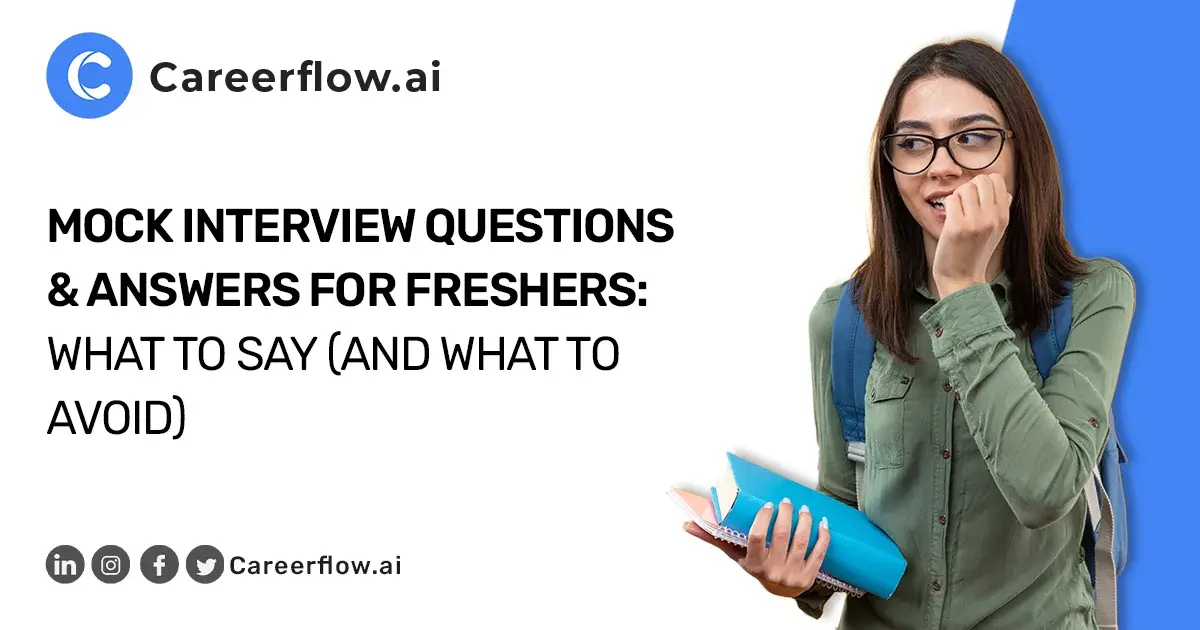Stepping out of college and into the job market is an exciting, yet often exhausting process. You've earned your degree, perhaps tackled impressive projects, and developed valuable skills, but when it comes to showcasing all that on a resume, one question often looms large: "How do I stand out with little to no work experience?" This is where a powerful resume summary becomes your best friend.
This is your comprehensive guide to writing a resume summary that captures attention and highlights your potential as a fresh graduate. We'll break down exactly why this summary is so important for new graduates, and provide practical examples tailored to various academic backgrounds and career aspirations.
Our goal is to empower you to craft a compelling introduction that makes a strong first impression, reassuring recruiters that you're the eager, capable talent they've been searching for. Get ready to transform your resume into a potent tool for launching your career!
What Is a Resume Summary and Why It Matters
A resume summary is a short, powerful paragraph at the very top of your resume. Think of it as your elevator pitch: it quickly tells employers who you are, what unique value you bring, and what your career goals are. Usually 2-4 sentences long, it gives a concise and compelling introduction to who you are and why they should consider you as an eligible candidate.
For fresh graduates, who often have limited traditional work experience, this summary is incredibly important. It helps bridge that experience gap by putting a spotlight on your transferable skills from academics or extracurriculars, your significant educational achievements, and your clear future ambitions. Since recruiters often spend mere seconds glancing at a resume, your summary is one of the first things they'll see. This means it absolutely needs to be clear, confident, and highly tailored to the specific job you're applying for if you want to grab their attention.
Note: For mid-level and senior models, scan our broader resume summary examples and adapt the templates.
Key Elements of an Effective Resume Summary
Aim to keep your summary between 50 and 75 words to ensure it remains focused, powerful, and easily digestible for recruiters.
- Start with Your Academic Foundation: Begin your summary by mentioning your degree and field of study, particularly if it relates directly to the job you are pursuing.
- Highlight Core Skills: Include some of your key skills or competencies that are essential for the position, showcasing your strengths.
- Showcase Relevant Experience: Highlight any significant academic achievements, leadership roles in extracurricular activities, important projects, or previous internships that demonstrate your capabilities.
- State Your Objective Clearly: Clearly express the type of role you are seeking and, if relevant, the industry or work environment you are targeting.
- Maintain a Professional Tone: Write confidently in the third person (e.g., "Marketing graduate" instead of "I am a marketing graduate") to keep your summary concise and impactful.
Fresh Graduate Resume Summary Examples by Field
Here are examples of strong resume summaries, tailored for recent graduates in various fields. These summaries are designed to be clear, confident, and easy for hiring managers to understand, even without extensive prior work experience.
✅ Business/Marketing Graduate:
A highly motivated Marketing graduate with strong skills in communication, research, and social media. As president of the campus marketing club, I developed a full digital campaign for a local business. I am eager to bring my strategic thinking and creativity to an entry-level marketing role, especially in content or brand development.
✅ Computer Science Graduate:
A dedicated Computer Science graduate with hands-on experience building web applications using Python, Java, and React. I successfully completed several software engineering projects during my studies and contributed to open-source tools. I am seeking a front-end development internship to apply my problem-solving skills and grow within an agile team.
✅ Engineering Graduate:
A driven Mechanical Engineering graduate skilled in CAD design, product development, and prototyping. I led a senior project team that successfully created a renewable energy prototype, reducing power loss by 18%. I am seeking a junior engineering role with a focus on sustainable design.
✅ Psychology Graduate:
A detail-oriented Psychology graduate with excellent research, analysis, and communication skills. I assisted in a cognitive behavior lab and presented study results at the university research fair. I am passionate about pursuing user research and data analysis roles, particularly in healthcare or technology.
✅ Communications Graduate:
A dynamic and articulate Communications graduate with experience in content creation, media strategy, and event planning. I produced weekly campus radio features and developed promotional campaigns for student events. I am seeking a role in public relations or media outreach.
✅ Education Graduate:
A Bachelor of Education graduate with practical classroom experience in elementary education and a strong passion for inclusive, student-centered teaching. During my student teaching practicum, I designed creative lesson plans and effectively used behavior management techniques. I am looking for an opportunity to support K–12 classrooms.
✅ Finance/Accounting Graduate:
A Finance graduate with strong analytical and problem-solving skills, experience in financial modeling and budgeting through academic coursework. I completed a semester-long investment strategy simulation and led a team presentation on capital markets. I am seeking an entry-level analyst or accounting support role.
✅ Graphic Design Graduate:
A creative and detail-oriented Graphic Design graduate with a solid foundation in Adobe Creative Suite, branding, and user interface design. I successfully designed logos and marketing materials for student groups and freelance clients. I am excited to contribute to a collaborative design team.
How to Customize a Resume Summary
Crafting a powerful resume summary means making it unique for each job. Here's how to customize yours effectively:
- Match Keywords to the Job: Always read the job description closely. Pinpoint the key skills and requirements the employer is looking for. Then, make sure to use those exact words and phrases in your summary. This helps your resume get past automatic screening systems (ATS) and grab a recruiter's eye.
- Adjust Your Tone: Think about the type of organization you're applying to. Are they a big company, a charity, a startup, or a creative agency? Adjust the language and tone in your summary to fit their style.
- Highlight Relevant Strengths: Change the focus of your summary based on what the role emphasizes. For instance, if the job values teamwork, highlight your collaboration skills. If it's a role where you'll work alone, showcase your ability to be self-directed.
- Show Your Results (Quantify!): Whenever you can, use numbers or specific outcomes to make your statements stronger. For example, instead of saying "helped a student club," say "increased student club engagement by 40%." This adds real impact to your claims.
Common Mistakes to Avoid
Even with the best intentions, it's easy to make a few missteps when crafting your resume summary. Here’s what to steer clear of to ensure your summary makes the right impression:
- Using "I" statements: Avoid writing in the first person (e.g., "I am a recent graduate..."). This can make your resume sound less professional. Instead, write in the third person (e.g., "Recent graduate with...").
- Being too vague: Don't use generic phrases like "motivated worker" or "hardworking individual" unless you follow them with specific, concrete examples that prove those claims.
- One-size-fits-all approach: Never reuse the exact same summary for every job application. A generic summary tells the employer you haven't taken the time to understand their specific needs, significantly lowering your chances of standing out.
- Making it too long: Keep your summary concise and impactful. Typically, three to four focused sentences are more than enough to convey your message effectively.
- Including irrelevant details: Your summary should only highlight what's most pertinent to the job. Save details about unrelated jobs or experiences for the dedicated work experience section of your resume.
How AI Tools Can Help You Write a Resume Summary
Leveraging AI tools can significantly simplify and improve the process of writing a compelling resume summary. They're especially helpful for fresh graduates who might be experiencing writer's block or are unsure where to start.
- AI-Assisted Suggestions: Careerflow’s Resume Builder comes equipped with AI-powered summary suggestions. These suggestions are tailored to your specific field, educational background, and career goals, giving you a strong starting point.
- Generate Multiple Drafts: You can easily generate several different summary drafts and pick the one that best suits your needs. From there, you can fine-tune the language to perfectly reflect your unique personality and desired tone.
- Optimize for Keywords: Use AI to automatically pull in the most relevant keywords directly from the job description. This ensures your resume is optimized for both Applicant Tracking Systems (ATS) — the software recruiters use to filter applications — and for human readers, making sure your resume gets noticed.
- Consistent Messaging: The AI Cover Letter Generator can help ensure all your application materials, from your resume summary to your cover letter, are aligned in terms of tone, career goals, and overall messaging.
AI tools are fantastic for overcoming that initial hurdle of getting started. Even if you plan to heavily personalize the result afterward, they provide a powerful foundation that saves you time and effort.


.webp)
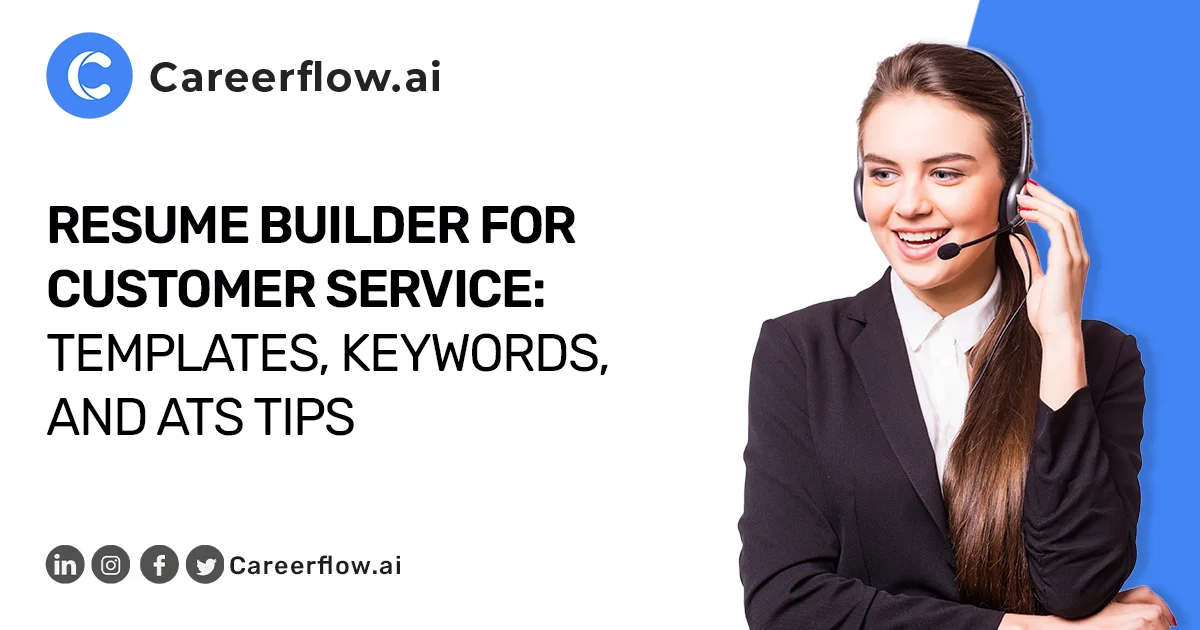
.webp)
